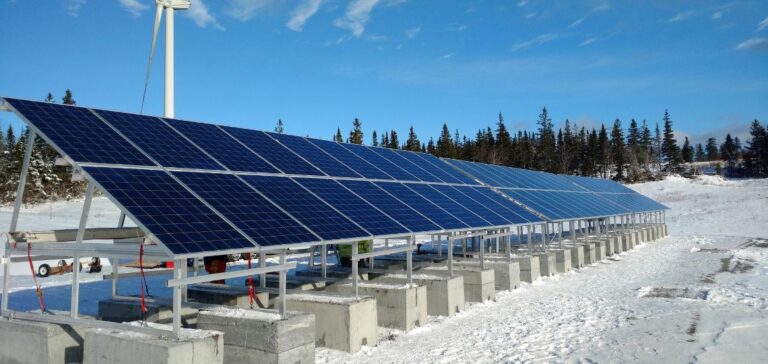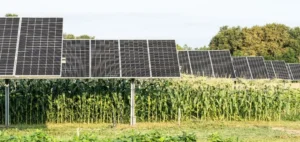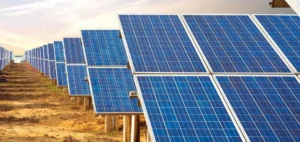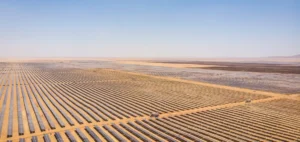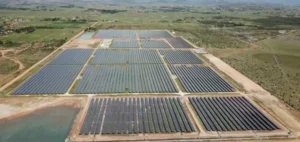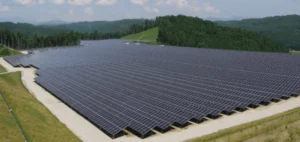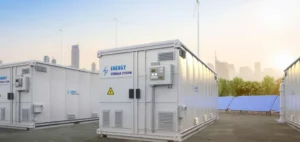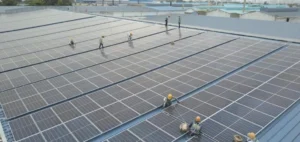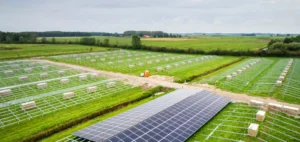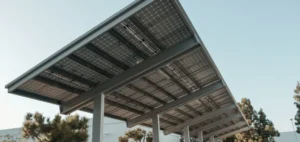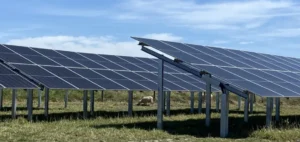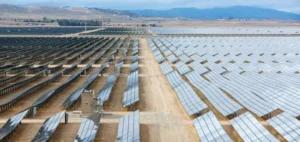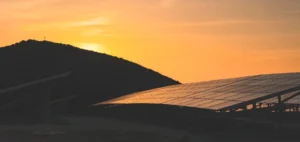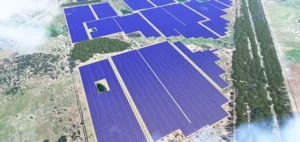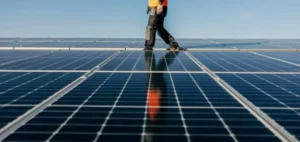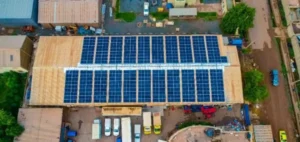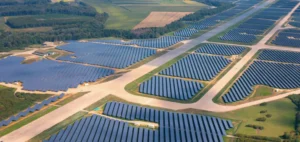Westbridge’s Georgetown solar and energy storage project receives approval from Canadian authorities. In addition, the project will benefit from a connection to the Mossleigh 1051S substation.
An official approval
The Georgetown project is the first of four proposals to receive approval from the Alberta Utilities Commission (AUC). The latter regulates the region’s electric, water and natural gas utilities. Maggie McKenna, Director and Chief Operating Officer of the Georgetown Solar Project, states:
“We are thrilled to have received this decision after all the hard work by Westbridge and the great team of professionals we work with. This is a job well done by everyone involved and we thank everyone, including the stakeholders who participated in the process. This accomplishment brings the Georgetown project one step closer to monetization.”
Westbridge is growing and the team continues to expand its international projects. She has nine other projects to her credit. Operating primarily in North America and the United Kingdom, it is one of the few publicly traded Canadian solar development companies.
With Georgetown, Westbridge takes a major step forward. Indeed, the launch of the project confirms the company as a leading solar developer. In addition, the company is executing more than 40 projects worldwide.
An expected success
The total power generated by its installations amounts to 1285MWp of solar photovoltaic panels. It also totals 500MW/1GWh in battery energy storage system. By certifying the Georgetown solar project for construction, the AUC is providing real support for the company in its race to go solar.
Westbridge plans to offer attractive long-term returns with an international portfolio of renewable assets for investors and utilities. Its monetization approach creates value for its shareholders. If the Georgetown project is successful, it will put the country on the map for photovoltaics.
If the success of this enterprise goes beyond national borders, it will nevertheless be necessary to face the risks. Indeed, solar projects face environmental constraints. In addition, risk factors include business, economic and political uncertainties.


